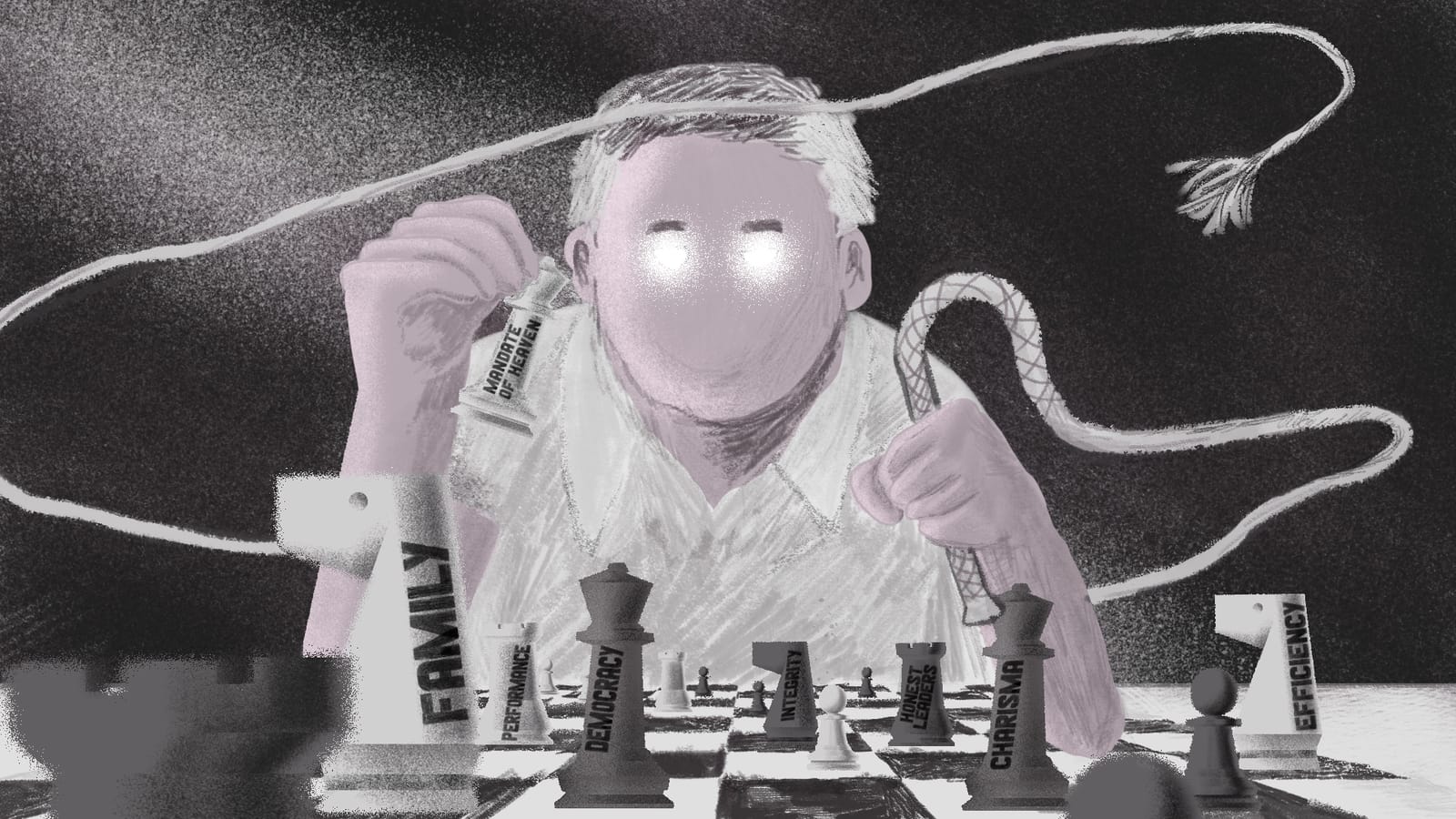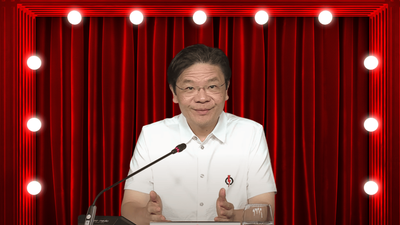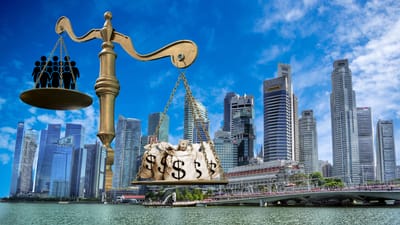It all happened so quickly. Last July, within a matter of days, four Singaporean politicians were forced to resign because of extramarital affairs. On the morning of July 17th, Lee Hsien Loong, the prime minister, announced that two of his colleagues from the ruling People’s Action Party (PAP)—Tan Chuan-Jin, Speaker of Parliament, and Cheng Li Hui, member of Parliament (MP)—were leaving politics after failing to end their affair, which he had first learnt about and told them to end in 2020.
Hours before, a mysterious video had emerged online, showing Leon Perera, a Workers’ Party (WP) MP, and Nicole Seah, its Youth Wing leader, in an act of intimacy. Two days later, Pritam Singh, WP chief, announced their resignations, noting that allegations about improper behaviour between them had first surfaced in 2021 (which Perera had denied at the time).
One moment, the public knew of two potentially damning high-profile extramarital affairs. And the next, our political landscape had expelled four prominent figures—including one, Tan, who was once touted as a possible prime minister.
The above events prompted extensive commentary and intense scrutiny locally and internationally. Most commentators attempted to prophesy the respective political fortunes of the PAP and the WP.
More interesting, in our view, is what the scandals reveal about the contours of politics in Singapore—the so-called “rules-of-the-game”. The manner in which both affairs were revealed to the public, and almost immediately quashed, left us reeling.
Tempting as it may be, we should resist the urge to swiftly relegate these incidents to the annals of history. Rather, it’s worthwhile to question why they unfolded as they did, as if following a political playbook of sorts.
Many corollary questions may be raised here. Why did the PAP choose that moment to announce Tan and Cheng’s affair? Who leaked the video, with impeccable timing, showing Perera and Seah? Did they really have to resign, or could the WP have weathered the inevitable political storm? As important as they are, we want to interrogate the following foundational question: who decides whether one is fit for public office or not? A discussion of legitimacy—the right to rule—is an appropriate starting point.
Governments everywhere require legitimacy. If power is the capacity to rule, legitimacy is the right to rule. Power without legitimacy risks being challenged and overturned by citizens. Another word for power that has been legitimated is authority.
What enables governments to persist and weather crises, unpopular policies, and scandals is that they are seen, in some ultimate sense, to be legitimate. The importance of perception, “seen to be”, cannot be emphasised enough—legitimacy is not an objective fact, but an inter-subjective reality. It consists in shared understandings of “rightfulness”, and persists as long as a critical mass believes it’s there.
Where does legitimacy come from? There is no straight answer—it has different sources. But broadly speaking, legitimacy is in the eye of the beholder—it depends on what people think or, politically speaking, what people have been made to think.





